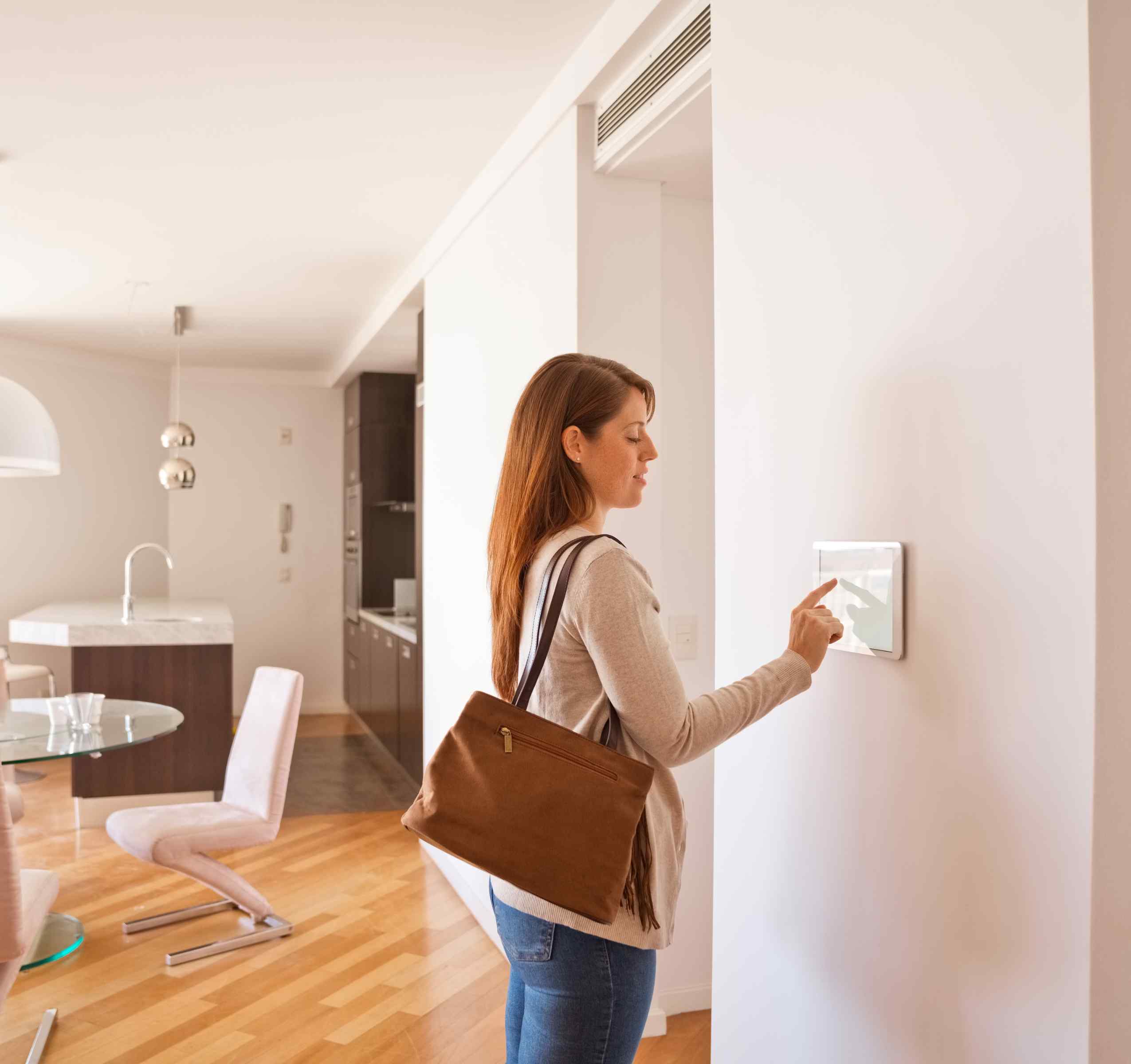In today’s era, sustanbility and environmental protection have become global priorities. Sustainable smart homes, driven by innovative technology, not only improve the quality of life for residents, but also play a key role in reducing environmental impact and combating climate change.
Raising awareness on sustainability and climate change
Public awareness of sustainability has grown significantly in recent years. With extreme weather events and scientific evidence highlighting the urgency to act, more people are adopting practices and technologies that promote a greener and more responsible lifestyle. Consumers increasingly value choices that offer tangible environmental benefits, such as smart homes.

Contributions of sustainable smart homes
Energy efficiency:
LED lighting systems and smart thermostats are just a few examples of how smart homes optimise energy consumption. These devices not only reduce long-term energy costs for homeowners, but also reduce demand for non-renewable energy sources such as fossil fuels.
Resource management:
Automated water and electricity management in smart homes helps reduce waste. Sensors and connected devices monitor and control the use of resources, ensuring they are used efficiently and responsibly.
Renewable energies:
The integration of renewable energy technologies, such as solar panels and energy storage systems, allows households to produce and use clean energy more autonomously. This not only reduces carbon emissions, but also provides a more stable and sustainable energy source.
Additional benefits of sustainable smart homes

In addition to the environmental benefits, smart homes offer a number of significant advantages for residents. Automation and device integration enable not only greater convenience in daily life, but also remarkable energy efficiency. Security is enhanced through connected surveillance systems and instant alerts in case of emergencies. In addition, being able to control devices from anywhere offers unprecedented flexibility, making it easier to manage the home even when away.
As technology advances, smart homes play an even more significant role in the transition to a sustainable future. It is essential that consumers, businesses and governments continue to support and invest in these innovative solutions to effectively address global environmental challenges.
In addition, mass adoption of smart homes can significantly reduce the carbon footprint and encourage greener living practices.

By adopting and promoting smart homes, we are not only improving our lives and saving costs in the long run, but we are also protecting and preserving our planet for future generations.


